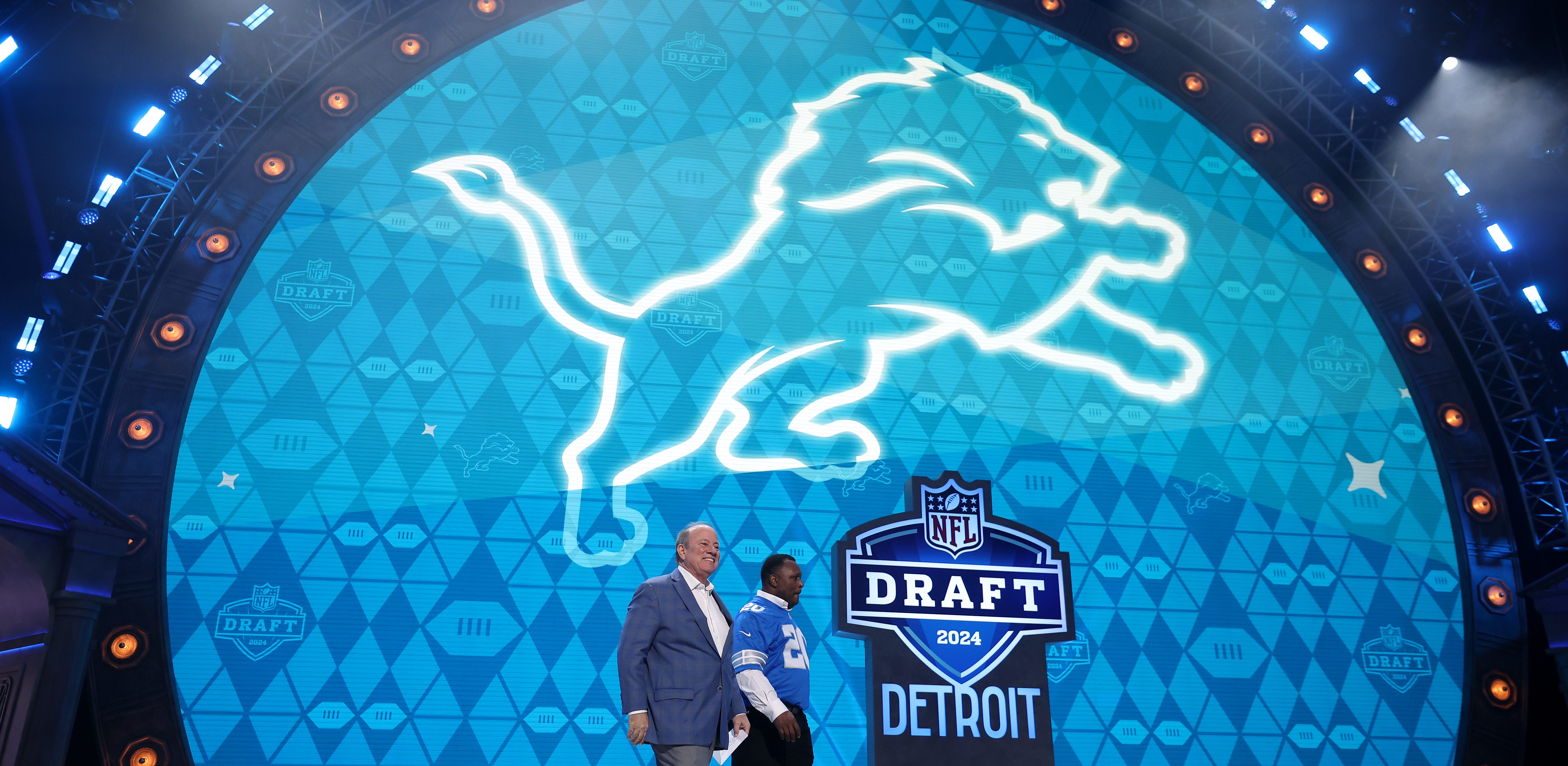Kim Muir can now say that she has made it all the way back.
To the place where her life began in so much uncertainty. To the place where she was adopted as a 4-year-old orphan by an American family that raised her as its own.
The skating coach, now 45, got to witness one of her students, U.S. women's hockey player Megan Keller, win a gold medal at the Winter Olympics in a 3-2 shootout win over Canada — with her two children sitting in the stands at Gangneung Ice Center sharing the exciting moment.
"It's a blessing that my life has gone full circle, that I get to be here," Muir said Thursday. "I get to be here with my children. And it's just amazing, just thrilling that the U.S. won in overtime."
Muir recently told The Associated Press about how she was just 6 months old when she was abandoned in Seoul , left on the streets with little chance of a flourishing future.
But Albert and Lois Muir adopted her in 1976 and raised her in Trenton, Michigan. The little girl thrived in her new life, and began competing locally as a figure skater when she was only 7. She turned to coaching when she was just 15, and began giving lessons to would-be skaters — quickly building a list of 200 clients.
Muir gradually focused on teaching hockey players how to be better, more efficient skaters with her "Can't Skate, Can't Play" training school. A handful of current and former clients were in the Pyeongchang Games, including Keller, U.S. player Bobby Sanguinetti, Canadian Marc Andre Grignani and Michal Jordan of the Czech Republic.
Sports
In partnership with NBC Sports Philadelphia
"It's amazing — the energy, everything just to be part of the Olympic Games," Muir said. "It's just amazing to be having students that you teach in it. It makes it even more gratifying that what you do as a job is worth everything, every part of your life."
Muir said she planned to attend the men's hockey final on Sunday, and will likely also watch some figure skating during the trip.
She thought it was "extra special" to be able to watch the women's hockey final in South Korea.
"Yeah, and the fact that I didn't make it as an athlete myself," Muir said, "and the fact that I was kind of like a Jane Doe here for four years of my life and to be brought to a country that allowed me to give a second chance on life and love by my parents who wanted me."
Muir joked that she gets teased by her loved ones because she gets emotional during sporting events.
"Whether they win or lose, I cry for the winners (and) I cry for the losers because I know what it takes to make it," she said. "And I know the work that goes into it, all the sacrifices and the heart. And it's not always the best athletes or the most athletically gifted that make it, but who has, like, the mental toughness and mental drive to overcome some obstacles to want to be the best of the best."
Muir has done all that, and more.
And, here, back in South Korea, Muir is using this special family visit to serve as a teaching moment for 9-year-old Vincenzo and 8-year-old Alexis.
"To be able to share this experience with my children, for them to have a once-in-a-lifetime moment with me," Muir said, "and that fact that they get to see what a privileged life they have lived because of my life and my country even though I'm proud to say, you know, I'm Korean.
"But my heart my soul is with the US."
___
AP Sports Writer Larry Lage in Detroit, and the AP's Jung Yoon Kim and Yong-Jun Chang in Seoul and Ben Jary and Johnson Lai in Gangneung contributed to this report.
___
More AP Olympics: https://wintergames.ap.org



